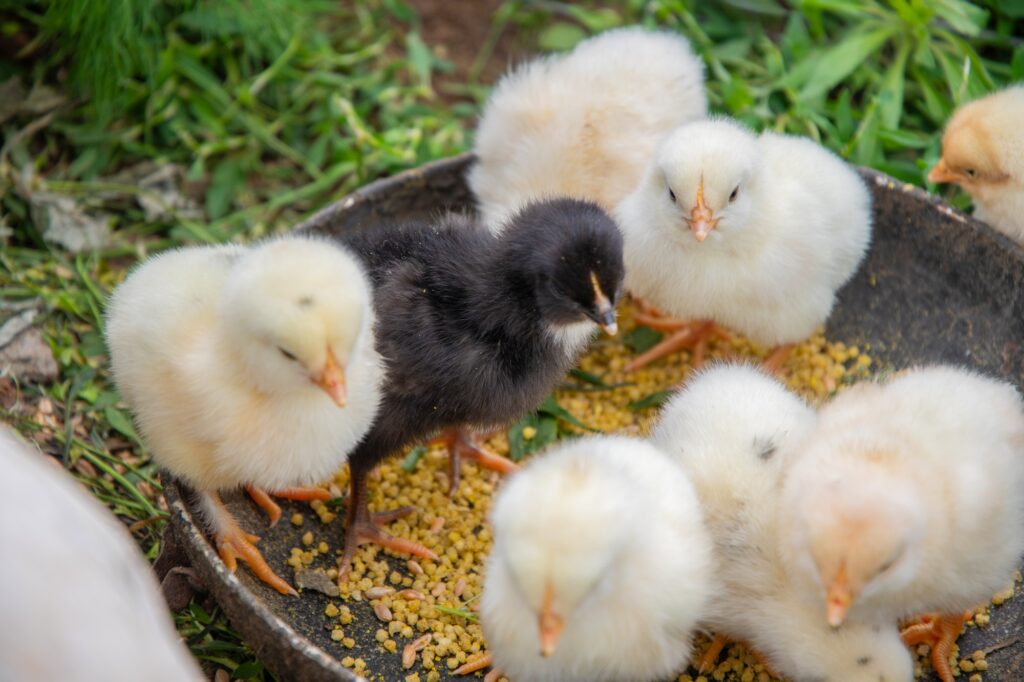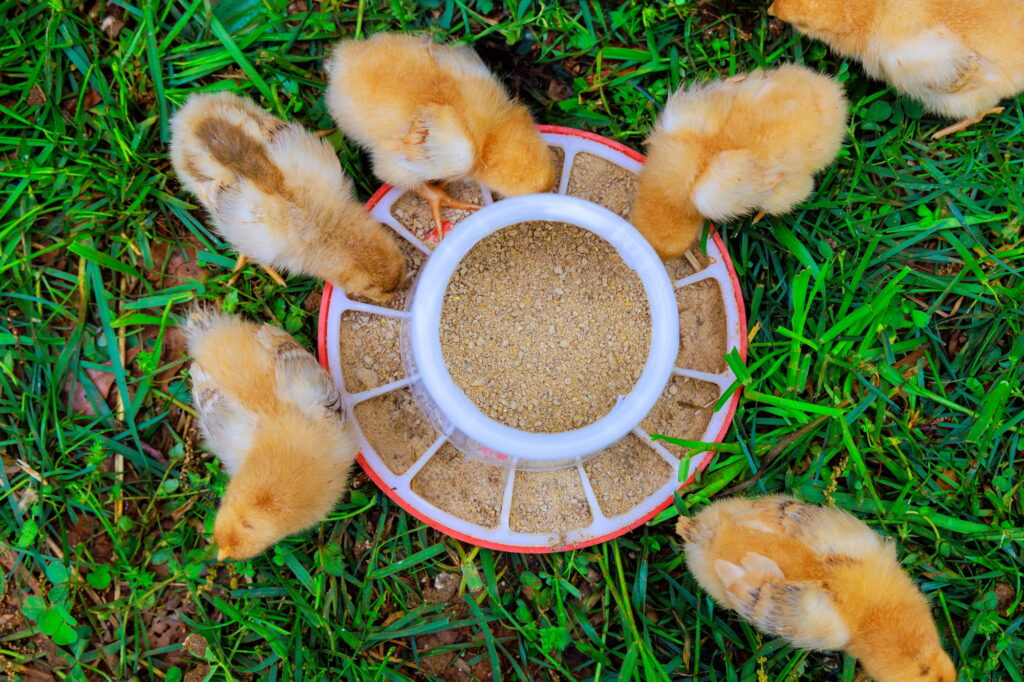In the world of poultry farming, the health of your flock is paramount. Each year, avian diseases threaten the stability of poultry production across the globe, impacting both small farms and large enterprises alike.
One of the most effective strategies to combat these threats is the implementation of robust biosecurity programs. If you’re involved in raising chickens, understanding how these programs work to protect your flock from diseases is crucial.
In this article, we’ll explore the various aspects of biosecurity and how it fortifies the health of your birds against outbreaks.
Understanding Biosecurity in Poultry Farming
Biosecurity refers to the measures taken to prevent the introduction and spread of harmful pathogens in poultry farms. These pathogens can be viruses, bacteria, or other infectious agents that can severely affect the health of your flocks.
For farmers, controlling these risks is non-negotiable. Implementing a biosecurity program begins with a thorough assessment of potential threats. The risk factors include the presence of wild birds, the movement of animals on and off the farm, and even the human activities that occur in and around your property.
A vital component of biosecurity is creating a barrier against the introduction of diseases. This can involve physical barriers, such as fencing, as well as protocols regarding visitor access and equipment sanitization. For instance, ensuring that anyone who enters your farm changes clothes and disinfects their shoes can significantly reduce the chance of disease transmission.
Moreover, regular monitoring and reporting of any unusual health issues within your flock can help in early detection of disease outbreaks, allowing for timely intervention. It’s essential to keep a close watch on bird behaviors, as changes may indicate underlying health problems. By staying vigilant and adapting your biosecurity strategies to the evolving threats, you protect not only your birds but also the broader poultry industry. If you are interested in the subject of poultry biosecurity programmes, visit the Poultry Ceva website.
The Role of Wild Birds in Disease Transmission
Wild birds are often at the forefront of disease transmission to domestic poultry. They can carry various pathogens without showing any symptoms, acting as silent carriers of diseases such as avian influenza. Understanding how these birds interact with your farm is critical to maintaining the health of your flock.
One effective way to mitigate the risk posed by wild birds is to manage your farm’s environment. Keeping your farm clean and free from standing water can deter these birds from visiting. Additionally, implementing physical barriers, like nets or screens, can help keep wild birds away from your chickens.
Feeding practices are another area to consider. If possible, avoid leaving feed exposed, as this attracts wild birds. Transitioning to more controlled feeding methods can significantly reduce the chances of attracting these carriers. Overall, understanding the behaviors of wild birds and their interactions with your poultry is key to ensuring that your biosecurity protocols are effective.
Health Monitoring and Vaccination
Regular health monitoring is a cornerstone of an effective biosecurity program. This involves not only observing your flock for signs of illness but also maintaining accurate health records. These records can help you identify trends or recurring health issues within your birds. When you notice changes in behavior, such as decreased appetite or lethargy, it’s essential to investigate further.
Vaccination is another critical element in safeguarding your flock from diseases. While biosecurity measures reduce the risk of disease introduction, vaccines help bolster the immune response of your chickens. Discuss with your veterinarian to determine the appropriate vaccination schedule tailored to your specific needs and risk factors.
In some cases, diseases like avian influenza have vaccines available that can provide your flock with added protection. However, relying solely on vaccines without proper biosecurity can lead to vulnerabilities. By combining these approaches, you can create a well-rounded plan to enhance the overall health and productivity of your poultry.
Best Practices for Biosecurity Implementation
Implementing a successful biosecurity program requires a comprehensive approach that involves every aspect of your farm operation. Start by developing a biosecurity plan that outlines specific protocols for entry and exit points, cleaning and disinfection procedures, and health monitoring of your flocks. Training your staff on these protocols is essential to ensure that everyone understands the importance of maintaining biosecurity measures.
Regular reviews and updates of your biosecurity plan are necessary to adapt to new disease threats. Keep abreast of wild bird migration patterns and any emerging diseases in your area, as these factors can influence your flock’s risk profile. Additionally, consider creating a biosecurity team that regularly assesses farm practices to ensure compliance with the established protocols.
Furthermore, communication is key. Foster an open dialogue with neighboring farms to share information about potential disease outbreaks and biosecurity practices. Collaborative efforts can enhance the overall health of the poultry community and minimize the spread of diseases. By making biosecurity a top priority, you lay a foundation for a healthier, more resilient flock.
Investing in Biosecurity for Long-Term Success
Investing in biosecurity programs not only protects the health of your flock but also contributes to the sustainability of your poultry operation. The costs associated with disease outbreaks, such as loss of birds, decreased production, and potential market bans, can be devastating. By proactively implementing biosecurity measures, you can safeguard your investment and ensure long-term viability.
Moreover, a strong biosecurity program can enhance your farm’s reputation. Consumers are increasingly concerned about food safety and animal welfare. Demonstrating that you prioritize the health of your birds can boost consumer confidence and potentially lead to increased sales. This not only benefits your business but also contributes to the overall integrity of the poultry industry.
As you consider the financial implications of biosecurity, remember that the initial investment can yield significant returns. Consider it an insurance policy for your flock’s health and your farm’s future. By fostering a culture of biosecurity, you ensure the longevity of your poultry operation and the welfare of your birds. In conclusion, biosecurity is an indispensable practice for maintaining the health and productivity of your chick flocks.
By understanding the threats posed by wild birds, implementing rigorous health monitoring and vaccination protocols, and fostering a culture of biosecurity within your operation, you can significantly reduce the risk of disease outbreaks. Investing in these programs is not merely a precaution; it is a commitment to the health of your flock and the success of your farm. As we move forward in an ever-evolving agricultural landscape, let’s prioritize the well-being of our poultry and ensure that they remain safe, healthy, and productive.


